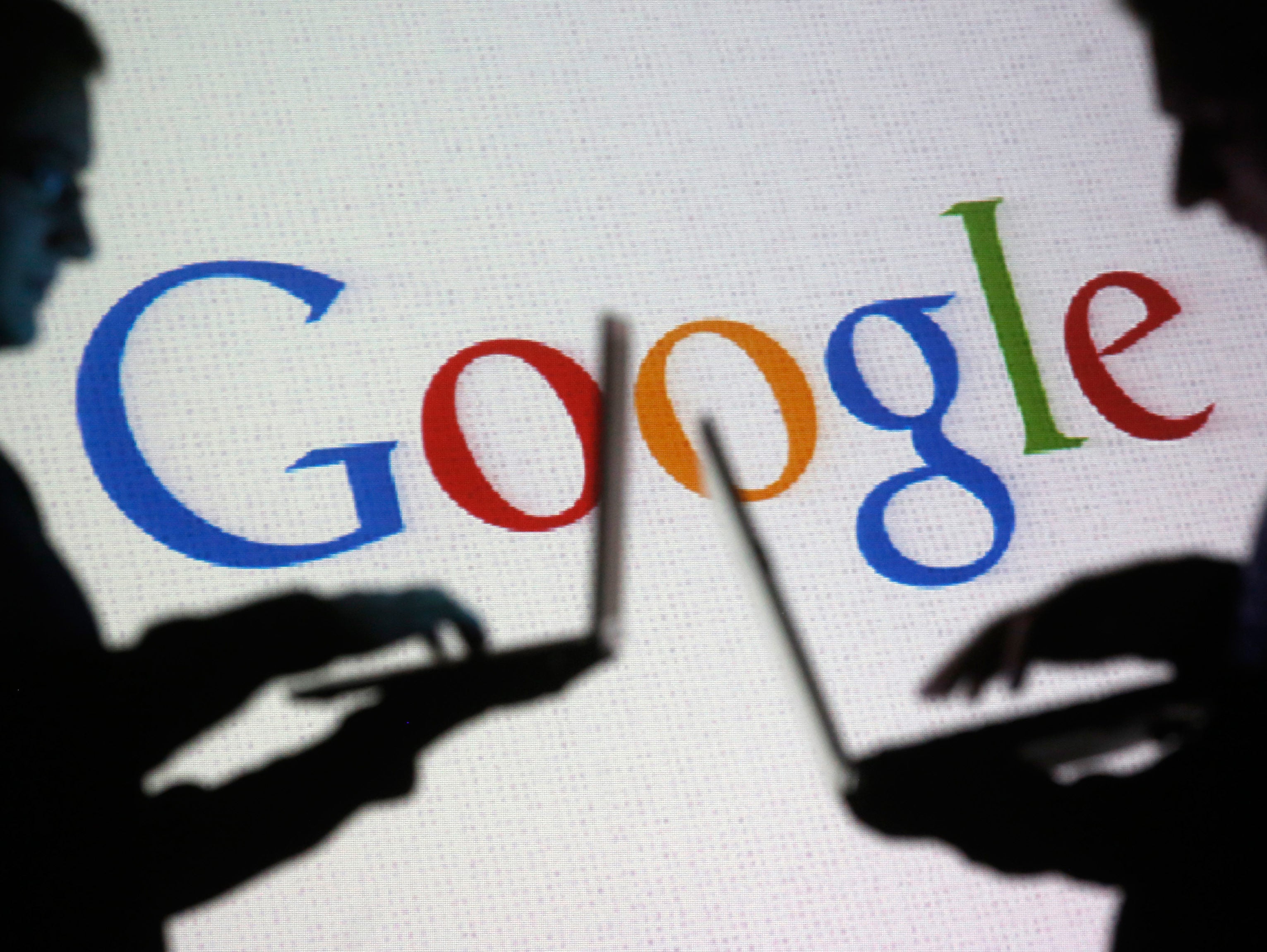
Google will no longer allow voters to be targeted by advertisers based on their political affiliation, the company has announced.
Election audience adverts will now be limited to the general categories of age, gender and general location.
The tech giant said that the changes would be implemented in order to improve voter confidence in digital political advertising and international electoral processes.
In a blogpost, Google Ads executive Scott Spencer, said the company was “clarifying” its advertising policies to avoid material that could “significantly undermine participation or trust in the democratic process” being posted on its platforms.
“We’re proud that people around the world use Google to find relevant information about elections,” he said.
“But given recent concerns and debates about political advertising, and the importance of shared trust in the democratic process, we want to improve voters’ confidence in the political ads they may see on our ad platforms.
“While we’ve never offered granular microtargeting of election ads, we believe there’s more we can do to further promote increased visibility of election ads.
“That’s why we’re limiting election ads audience targeting to the following general categories: age, gender, and general location (postal code level).”
Google says that it will begin enforcing the changes in the UK “within a week,” in time for the General Election on 12 December.
The new policies would apply to all advertisers and content types including “deep fakes” (doctored or manipulated media), misleading claims about the census process, and ads making “demonstrably false claims”.
“Whether you’re running for office or selling office furniture, we apply the same ads policies to everyone; there are no carve-outs,” said Spencer.
“It’s against our policies for any advertiser to make a false claim-whether it’s a claim about the price of a chair or a claim that you can vote by text message, that election day is postponed, or that a candidate has died.”
He added that the company recognised that not all political claims could be adjudicated, but that the company would take appropriate action to preserve “robust political dialogue.”
Google is the latest tech company to respond to growing scrutiny over online political advertising.
Twitter recently launched a new tool on its platforms that enables people to report deliberately misleading details about the voting process, weeks after announcing a total ban on political adverts.
Rival social media firm Facebook has faced repeated calls to ban all political advertising after a number of misleading ads were taken down from the platform.
Facebook admitted it is unable to track all political adverts on its platforms.
Picture: Reuters/Dado Ruvic/File Photo
Email pged@pressgazette.co.uk to point out mistakes, provide story tips or send in a letter for publication on our "Letters Page" blog
